NZ soldiers perform Haka Tu in warning to mock enemy in Australian war games
Soldiers from the New Zealand Defence Force have been caught on camera in Queensland performing a battle cry designed to intimidate their enemy. SEE THE VIDEO.
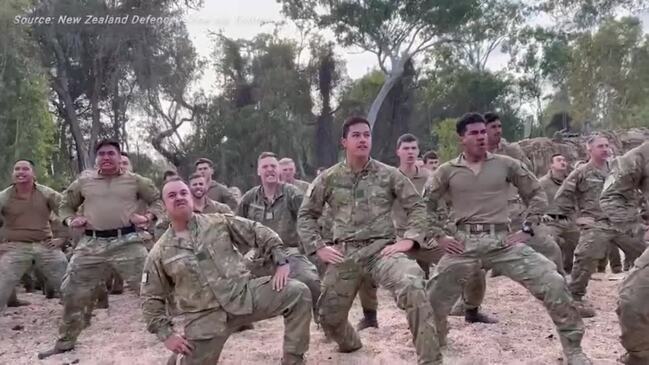
QLD News
Don't miss out on the headlines from QLD News. Followed categories will be added to My News.
A contingent of New Zealand soldiers have declared their readiness to head into battle on Australian soil by performing a traditional war challenge to intimidate their enemy.
In a video released Wednesday, the soldiers performed the Haka Tu in front of counterparts from Australia, the US, Fiji and France in the Queensland bush to mark the start Exercise Talisman Sabre 2023.
The haka, an ancient ceremonial war dance or challenge in NZ Indigenous Māori culture, is traditionally used to represent a display of a tribe’s strength, pride and unity.
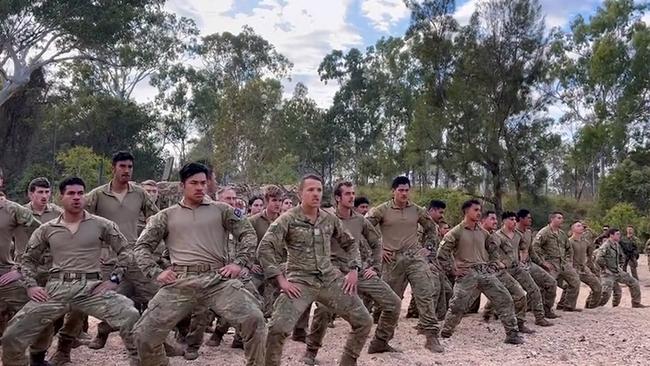
There are three versions of the haka, with the NZ Army version called Tu Taua a Tumatauenga, meaning the “standing columns of the God of War”, according to a New Zealand Defence Force website.
It is designed to be performed without weapons and in uniform by all, regardless of race, rank or gender.
The battle cry was traditionally performed by men before going to war, with the aggressive facial expressions intended to scare the opponents while the chant itself was to motivate the group heading into combat.
Traditional Maori dress, weapons or simulated facial tattoos are not worn or carried in the Haka Tu, which is dedicated to all soldiers who have died either on active service or after service in the NZ Army.
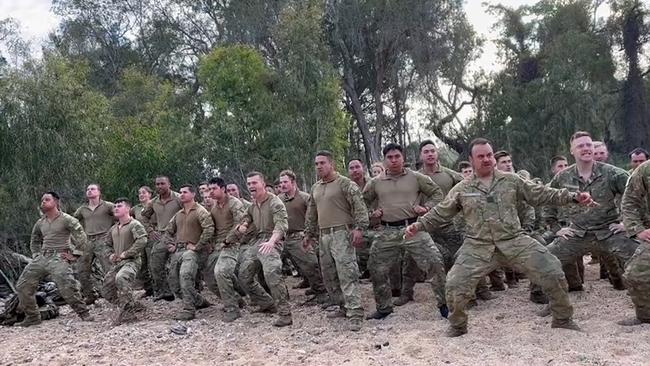
If there are any women in the unit, they begin and end the haka as the Haka Tu is also to acknowledge ‘mana wahine’ or the ‘prestige of women’ in the service, according to the NZDF description.
The Kiwis are among the 31,000 people from 13 nations taking part in the 10th iteration of the Australia-US bilaterally planned, multilaterally executed Exercise Talisman Sabre, which is expected to culminate in a mock war between all military branches on land, sea and in the air.
The war games, from July 22-August 4 throughout Queensland and select other parts of Australia, are designed to train forces in all aspects of combined operations to help improve the combat readiness and interoperability between the Australian Defence Force and its allies.
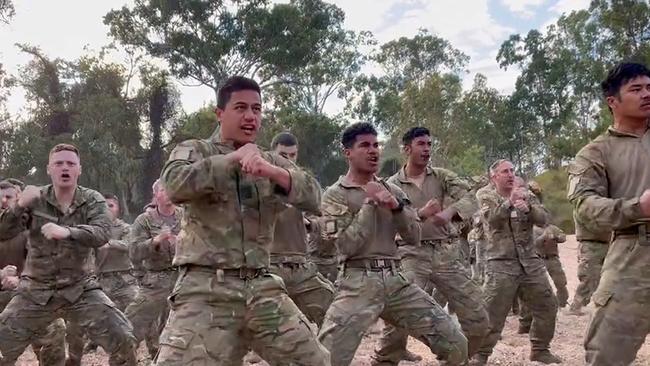
The NZDF have sent about 300 people to take part, including two Army infantry platoons, along with 20 Light Armoured Vehicles, nine Medium Heavy Operation Vehicles, a Royal New Zealand air force rotary wing detachment with three NH90 helicopters, hydrographers from the Royal New Zealand navy and some augmentee staff.
With 19 nations involved, TS23 is now believed to be the largest multilateral military training exercise in the southern hemisphere.
Military units from the US, NZ, Japan, Canada, the UK, the Republic of Korea, Fiji, Indonesia, Papua New Guinea, Tonga, France and Germany are actively involved in the TS23 drills, while personnel from India, the Philippines, Singapore and Thailand are attending as observers.
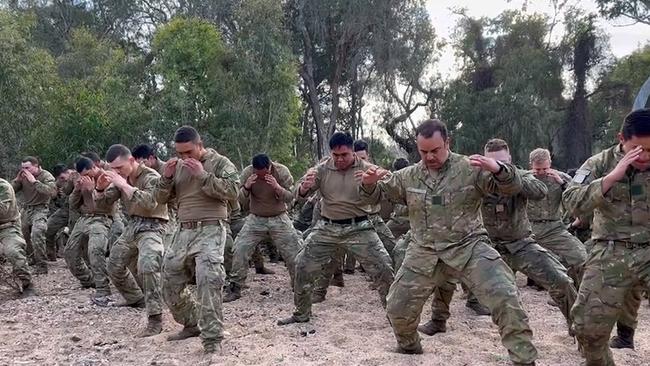
Representatives from the Netherlands Ministry of Defence and the United Arab Emirates Armed Forces are also on their inaugural visit to small section of the training.
The US has sent about 18,500 troops to take part, while there are about 1300 military personnel from Japan, 700 from the Republic of Korea, 250 from Canada, about 240 people from Germany, 160 from the UK, 130 from France, 65 from Indonesia, 50 from Fiji, 40 from the Kingdom of Tonga and about 35 military participants from Papua New Guinea.
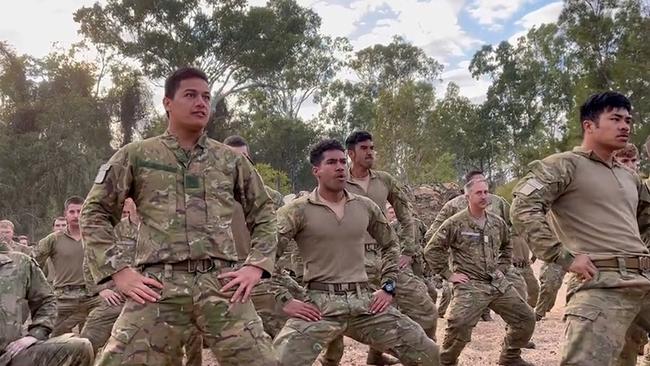
The “high end” warfighting scenarios are mostly conducted along various parts of the Queensland coast, throughout the ADF’s 2437 sq km Townsville Field Training Area, sbout 60km southwest of Townsville, the 4545 sq km Shoalwater Bay training area near Rockhampton and in adjacent maritime and airspace areas of the Coral Sea.
This year there are also components in Norfolk Island, parts of NSW, the NT and WA and operating out of various Royal Australian Air Force bases.


